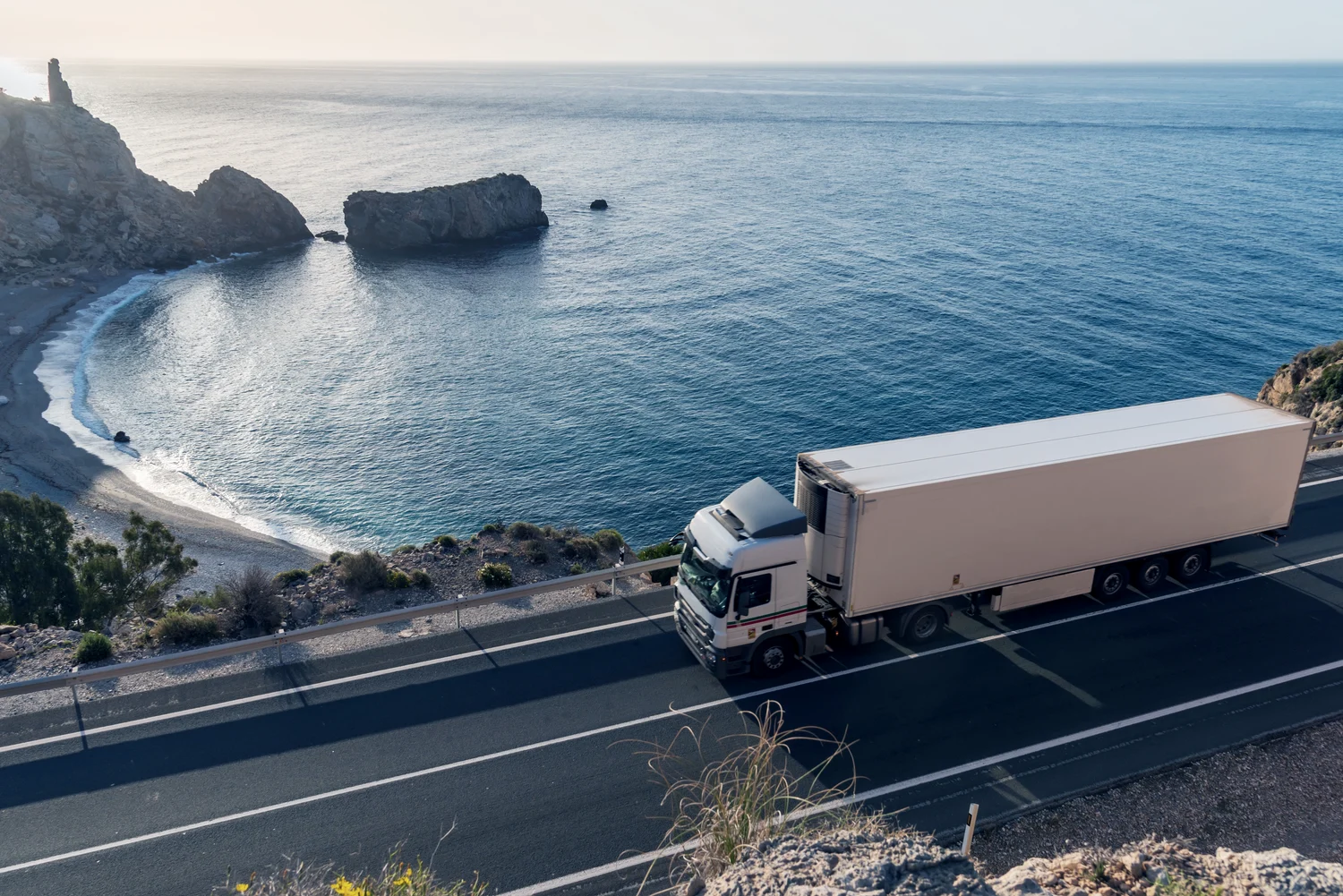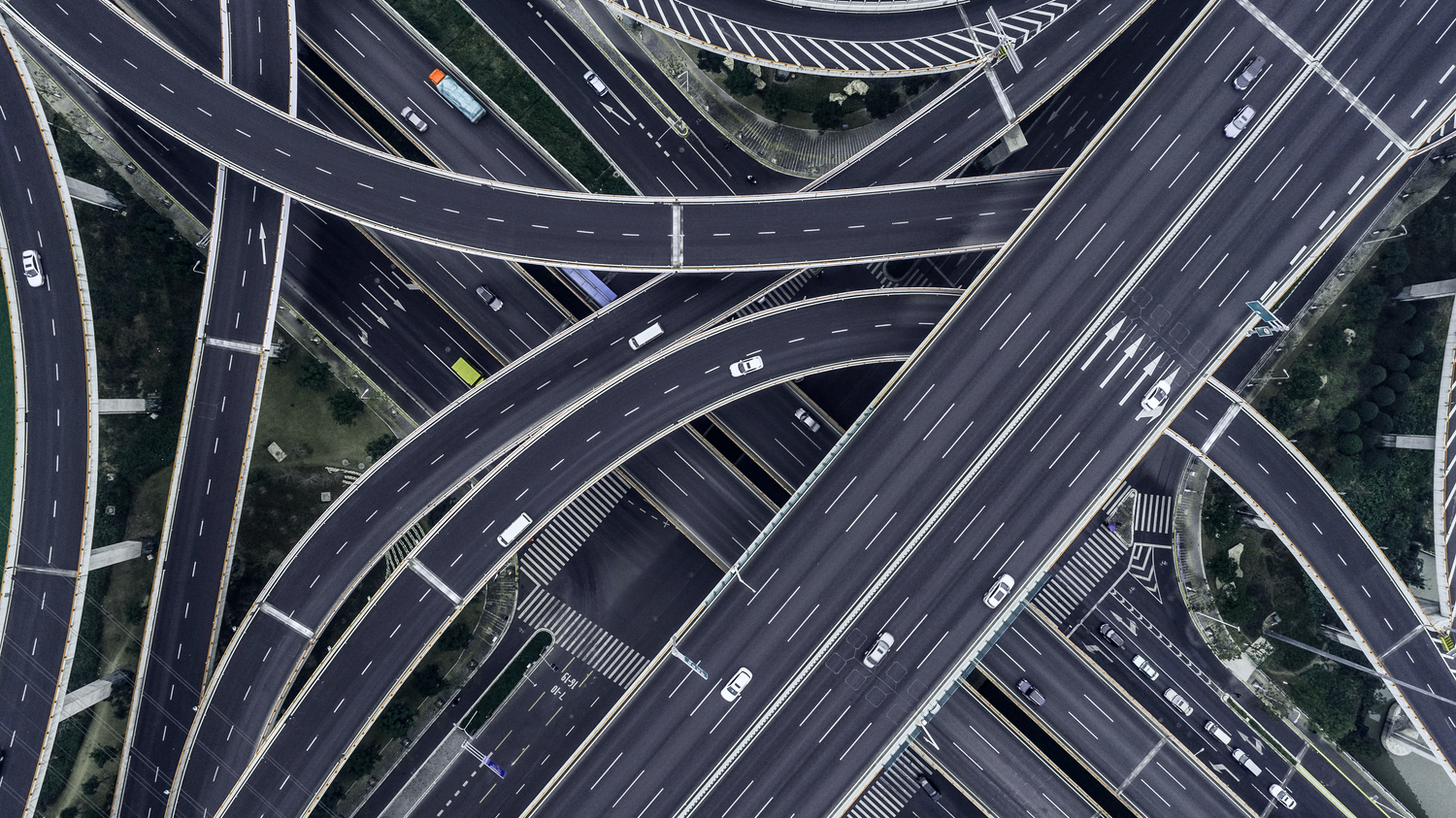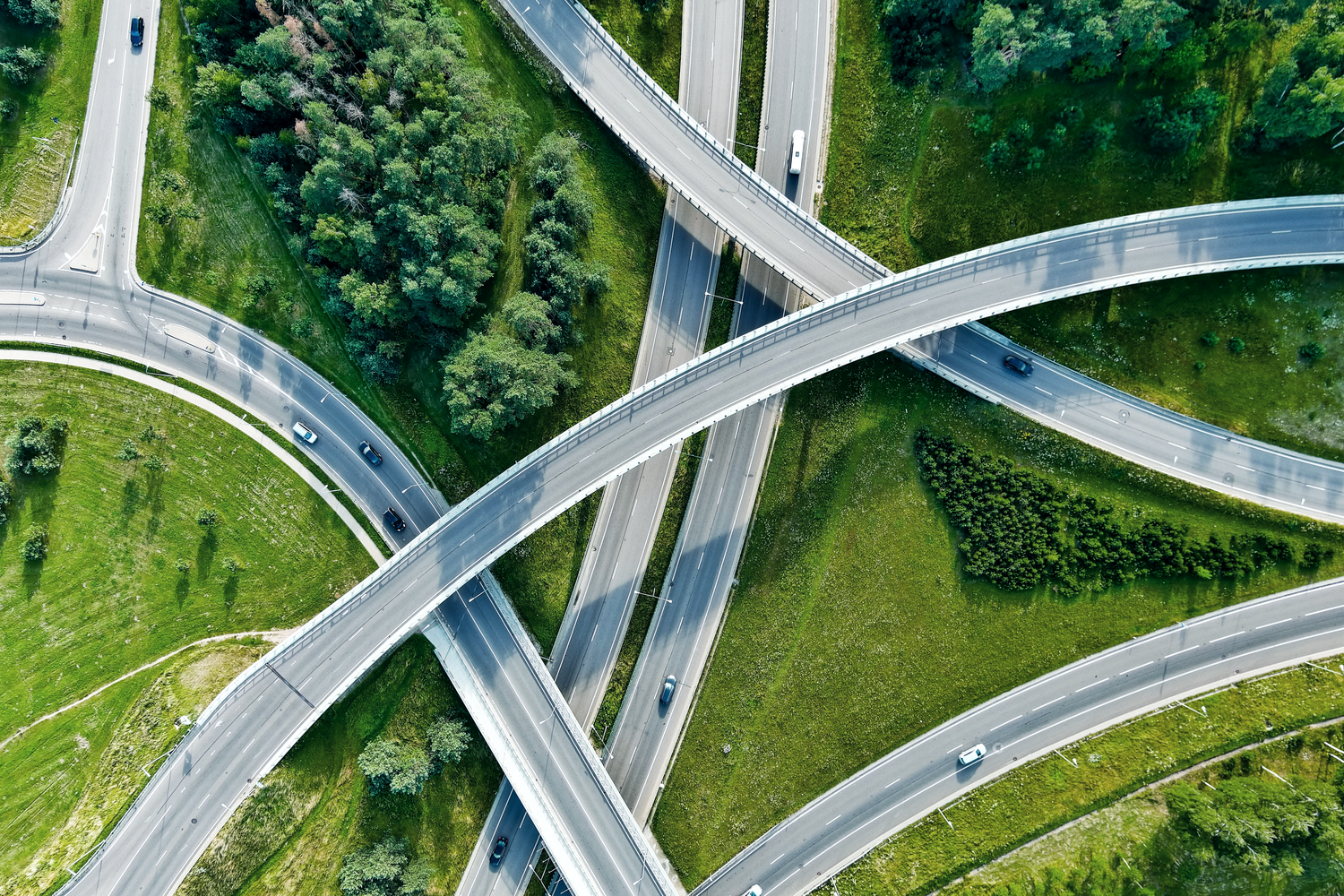
Transportation
6 minute read
NZ: Collaboration and policies crucial to curb transport emissions
This article is written jointly by Julian Hughes, General Manager for Supply at Z Energy, NZ, and Steven Bartholomeusz, Head of Public Affairs, Asia Pacific at Neste.
Transport is one of our largest sources of greenhouse gas emissions and is responsible for 17 per cent of Aotearoa New Zealand’s gross emissions.
To achieve the Government’s emissions budget which sets us on a path for a 41 per cent reduction in transport emissions by 2035 and carbon neutrality by 2050, significant emissions reductions can, and need to start now.
For these reductions to be made at pace, second generation biofuels are one of the most suitable solutions, as they are a drop-in product that can be imported to New Zealand and used by our existing fleet.
The Government is proposing a Sustainable Biofuels Obligation that will require fuel suppliers to reduce the emissions of the fuels they sell from 1 April 2023. This will involve blending either ethanol with petrol or biodiesel with conventional diesel. Similar policies are already in place overseas, and New Zealand had previously attempted to introduce a biofuel regime in 2008, however this was stopped by the former Government.
Sustainably sourced biofuels immediately reduce greenhouse gas emissions when compared to conventional fuels and can be used to power everything from light transport vehicles like cars, to trucks, buses, trains and even ships and planes. Renewable diesel is fully compatible with all diesel engines and distribution infrastructure – from the refinery where the fuel is made, to local service station, to individual vehicles. In fact, 100 per cent renewable diesel is already being used in long-haul freight transport in many overseas markets. It is a real opportunity where New Zealand is currently lagging.
But with increasing prices squeezing New Zealanders pay packets, even small changes in business and household costs can be challenging, and the obligation will have an impact on what consumers pay at the pump. This is a perfect example of the climate change challenge. Solutions are available; however they do not come for free and at a time when costs are increasing the question of who pays is a fair one to ask.
Z Energy (Z) is collaborating with Neste, the world’s leading producer of renewable diesel and sustainable aviation fuel (SAF), to explore options that will help the sector decarbonise in a meaningful way.

Who pays and how?
Measures to cut transport emissions impose costs and Covid-19 and the war in Ukraine are continuing to impact global supply chains and supply/demand dynamics. These global pressures have impacted fuel prices, and it continues to be a highly volatile market for the foreseeable future. Progress on our low-carbon transition activities cannot simply be stopped because it gets hard. However, we do need to strike the right balance between the pace of change and transition and cost, to ensure the transition is managed in an equitable manner.
The question then becomes who bears these costs. And this must be resolved through both public and private partnerships, as well as policy settings.
Exploring all options
While Z and Neste support the Sustainable Biofuels Obligation, this is just one of many actions that can be taken to support the decarbonisation of transport in New Zealand.
Other options could include switching to EVs, taking public transport and swapping diesel for biofuel.
To support biofuels, a road user charge (RUC) exemption for vehicles using 100 per cent renewable fuels is an option. Removing the RUC would decrease the cost to users significantly, partially offsetting the higher purchase price of renewable diesel. This would result in more renewable diesel being consumed in New Zealand in place of fossil diesel, reducing greenhouse gas emissions by up to 90 per cent* per vehicle.
So, solutions are available. However, the question often comes down to who is prepared to pay. Our answer is that everyone should bear some of these costs and those that lead the way should be incentivised to do so.
We need to collectively tackle climate change to meet our commitment to the Paris Agreement goal of limiting global warming to 1.5 degrees above pre-industrial levels, while continuing to keep people and supply chains moving.
This means Government and business must work together at unprecedented scale and pace to drive meaningful solutions. The challenge is huge, but we have many tools at our disposal that can be implemented now.

Collaboration is key
While renewable biofuels are a readily deployable “plug-and-play” solution, the key to emission reductions both in the transport sector and across the board is greater collaboration.
Closer collaboration between the public and private sectors, and educating consumers on their choices, can help New Zealand achieve even greater progress on decarbonising the use of light and heavy vehicles, as well as the planes and ships that keep the world moving and connected.
Progress is being made. Earlier this year, Prime Minister Jacinda Ardern witnessed the signing of the New Zealand-Singapore Sustainable Aviation Arrangement.
This is a first-of-its-kind agreement between the two countries, bringing together regulators, major industry players and researchers to drive sustainability across a sector that is facing increasing pressure over its climate change impact. A recent global survey by Booking.com found that 33 per cent of respondents felt ashamed to fly because of its impact on the environment.
As part of the arrangement Singapore and New Zealand may soon trial “green lane” flights between the two countries with the support of national carriers Air New Zealand and Singapore Airlines, using sustainable aviation fuel that will reduce greenhouse gas emissions by up to 80 per cent compared to fossil jet fuel.
Agreements like these show that through supportive regulation, investments in innovation and the commitment of industry, a sector so integral to modern life can forge a more sustainable future.
Here in New Zealand, Z is a member of the SAF Consortium and is actively working with Neste and other partners, including Air New Zealand, to bring SAF to the market.
These partnerships are about collaborating with one another to scale up at pace to bring the low-carbon fuel options our customers need to decarbonise.

Equity and breadth
Government, in partnership with communities and business, must lead the development of an equitable transition plan that caters for all New Zealanders.
From a transport perspective, this must include people whose personal circumstances may allow them to drive less, as well as those who may not have the means to transition to alternative technologies like EVs.
Low-carbon liquid fuels, such as biofuels, will play a crucial role, alongside electrification. While we see the use-case for biofuels in a supportive policy environment as being primarily targeted to long-haul freight, biofuels fill an immediate decarbonisation gap.
Reducing transport emissions is no easy feat, nor will it come cheap. But we have solutions to drive change, and we have demand. The time to act is now.
* The methodology for calculating life cycle emissions and emissions reduction complies with the European Union’s Renewable Energy Directive II (2018/2001/EU)




